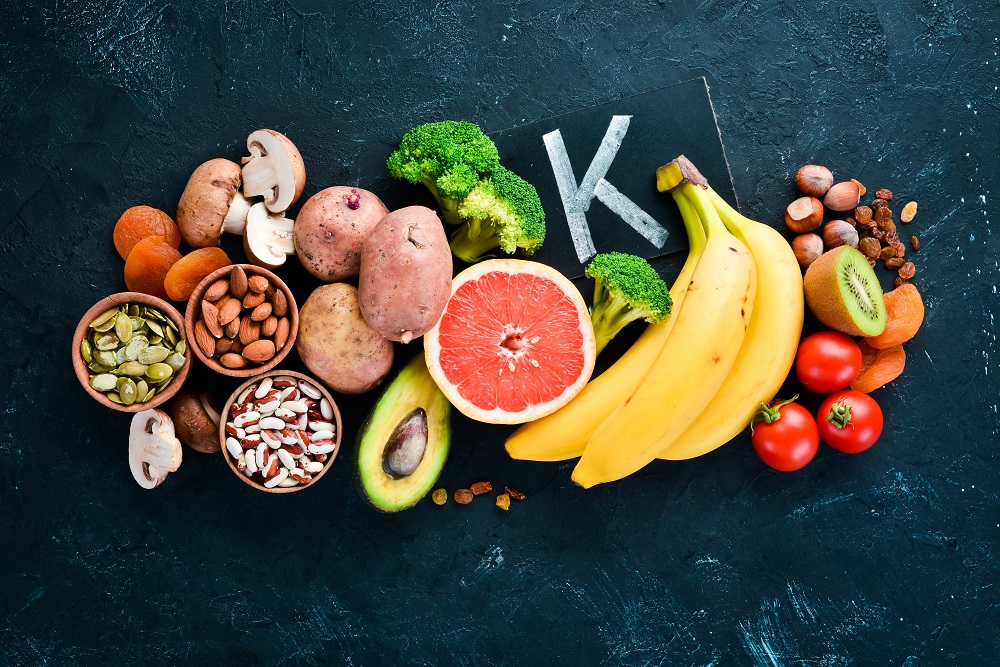New research shows that diet may play an even bigger role in preventing kidney stones than previously thought. This applies specifically to people suffering from recurring kidney stones. Affecting any portion of the kidney tract between the kidneys and bladder, kidney stones can be tortuously painful to pass. Kidney stones look like hard, pebble-like nuggets that range in size from “grain of rice” to “pea.” While anyone can get a kidney stone, the most common kidney stone age is between 30 and 60. Someone with a kidney stone has a 50% chance of having another stone within five years.

Advice from doctors to practice food avoidance is nothing new for people suffering from chronic kidney stones. Beets, chocolate, nuts, spinach, and tea are high on the list of stone-forming foods due to their high levels of a naturally occurring molecule called oxalate that’s linked with stone formation. Red meat, organ meats, and shellfish are also on the so called “Caution” list for many due to their high purine levels that can lead to increased uric acid production. However, the latest research on calcium oxalate stone prevention has more to do with what you should add to your diet instead of what you should avoid. Take a look!
A Peek at Newly Published Dietary Advice for Avoiding Recurring Kidney Stones
As part of a study published in August of 2022 that looked at dietary risk factors for incident and recurrent symptomatic kidney stones, Mayo Clinic researchers recruited 411 stone sufferers. Dietary analysis was performed to look for trends. Researchers discovered that lower dietary calcium, potassium, caffeine, phytate, and fluid intake were all associated with a higher odds of experiencing an incident of recurring symptomatic kidney stones. One notable caveat in the research has to do with calcium versus potassium. While lower calcium intake was a consistent predictor of stone recurrence, lower potassium intake was only a predictor of recurrence among study participants not taking either thiazide diuretics or calcium supplements.
What's the Takeaway From This Kidney Stone Study?
Based on this 2022 study, people at risk for recurring kidney stones may actually be able to prevent stones by enriching their diets with foods high in calcium and potassium. This news may seem more shocking than it actually is if you’ve received some commonly shared incorrect advice about treating kidney stones. Many people mistakenly believe that calcium causes kidney stones. This has to do with the fact that calcium oxalate stones that are formed when calcium binds to oxalates are the most common kidney stones. These kidney stones often look like crystals with jagged edges. “One of the most common misconceptions is because most kidney stones are calcium, that dietary calcium supplements are a risk factor for kidney stones,” shares Yale Medicine urologist, Piruz Motamedinia, MD. In reality, a diet that’s low in calcium can contribute to recurring stones. Calcium isn’t a threat. Dehydration and high levels of dietary sodium are the two actual biggest risk factors.
Foods to Prevent Kidney Stones
If you’re ready to follow the research on boosting calcium and potassium intake to reduce risks for recurring kidney stones, you have plenty of tasty, natural, and affordable options. Foods that help with kidney pain are easy to work into your daily diet. Here’s a look at the best high-calcium foods for stone-free living:
- Yogurt
- Cheese
- Milk
- Calcium-fortified orange juice
- Canned sardines and salmon
- Lentils
Potassium is an essential mineral used by all tissues within the body. These foods are filled with it:
- Bananas
- Avocados
- White beans
- Cantaloupe
- Honeydew
- Apricots
- Grapefruit
While calcium and potassium represent the most interesting findings from the Mayo Clinic study, stone sufferers shouldn’t ignore the fact that phytic acid also made the list of potential stone deterrents. Phytic acid is abundant in whole grains, legumes, nuts, seeds, and tubers. Kidney-friendly foods with high levels of phytic acid include carrots, potatoes, turnips, and lentils.

Calcium and Potassium-rich Diets May Help Stop Recurrent Kidney Stones
There is no magic in curing kidney stones from forming. Yet, there are few foods and diets that help in doing so. To know more on this, read the full blog.
Change Your Diet to Prevent Kidney Stones
The high recurrence rate of kidney stones means that every stone sufferer lives with a sense of dread. While so much of kidney stone prevention is about restriction, the latest research shows that some careful additions may help you to cut your risk for recurring stones. People who have been avoiding calcium to prevent kidney stones due to incorrect advice can now nibble calcium-rich foods with confidence. Please note that it is thought that it is best to consume the calcium rich foods at the same time as consuming any high oxalate foods so that the calcium is more likely to combine with the oxalates in the stomach and intestines and be passed out of the body in a bowl movement rather than be absorbed into the kidney to form hard calcium oxalate crystals.
